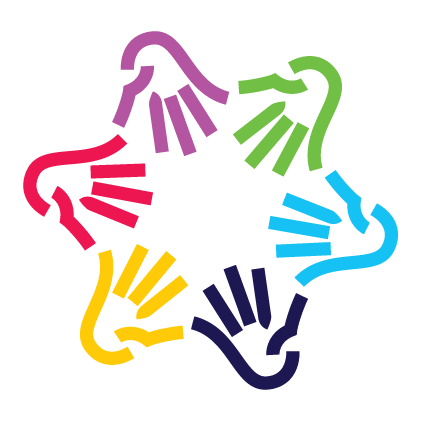It is important to reflect and evaluate the effectiveness of the Robotics Social Club program and the outcomes for students and teachers in your school, to inform necessary changes and maximise positive outcomes in the future.
Evaluating Student Outcomes
Upon completion of the manualised Robotics Social Club program, assess and rate the Personal and Social Capabilities of the participating students with ASD by plotting them on the Social Management continuum (PDF, 201 KB; Word, 31 KB). You may also review and assess their demonstration of the success criteria using the Student Reflection Sheets (PDF, 408 KB; Word, 226 KB). Then, reflect on the strengths and needs of these students that were identified when Identifying Individual Student Needs before starting the Robotics Social Club, using the Social Management continuum and Student Reflection Sheets.
For each student with ASD, has there been an observable shift and demonstrable learning outcomes? What are their strengths? Where have they shown improvements? In what areas would they benefit from further support and teaching?
Ideally, this information should be shared:
- With students’ classroom teachers.
- With students’ parents, providing parents with the option of an individual feedback meeting. Endeavour to seek feedback about the program, and suggestions for improvement, from parents.
- With students themselves, through individual feedback and reflection, to recognise and celebrate their achievements, and identify future goals. Endeavour to seek feedback about the program, and suggestions for improvement, from students.
You may like to consider completing this process for other students in the Club, who may not have ASD, but may have other learning difficulties or be considered at risk of disengagement. Schools may also consider alternative methods of data collection and evaluation, such as the use of standardised pre-post measures of social skills (e.g. Social Skills Improvement System Rating Scales; Gresham & Elliott, 2008) and/or school engagement (e.g. Motivation and Engagement Scale; Martin, 2007).
Evaluating Teacher Outcomes
Upon completion of the program, reflect on your own professional learning journey, and key messages to share with other teachers through the professional learning opportunities described on the Teacher Professional Learning page. Provide feedback and recommendations to your School Leadership Team regarding future implementation of the Robotics Social Club in your school.
Congratulations on completing the Robotics Social Club program!
It is hoped you will continue to find this website and resources a useful tool in supporting your students.
